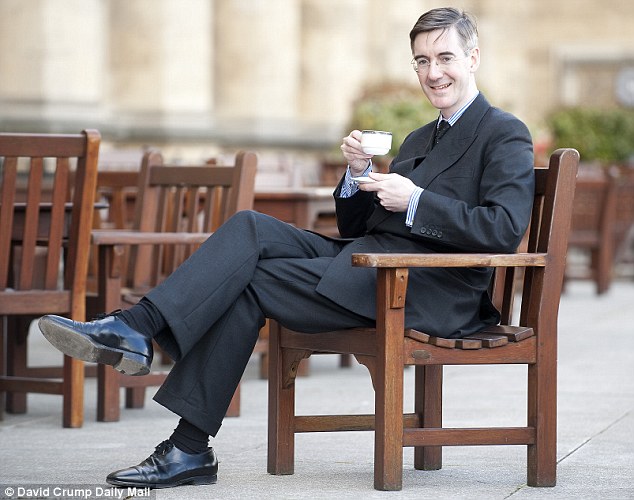A failure to reach a power-sharing deal at Stormont is a "monumental failure" by Theresa May and sets back decades of work, Sinn Féin has said.
Sinn Féin's Michelle O'Neill said the deadlock was a "consequence" of the Democratic Unionist Party's (DUP) support for the Tory government.
DUP leader Arlene Foster said her party will "keep working over the summer".
Northern Ireland Secretary James Brokenshire said there would be no resolution "in the immediate term".
Northern Ireland has been without a functioning devolved government since January, when the coalition led by the two biggest parties, the DUP and Sinn Féin, collapsed over a green energy scandal.
Mr Brokenshire said the issues dividing the parties "cannot be resolved quickly enough to enable an executive to be formed" soon.
He added that the government would "not forget our responsibilities to uphold political stability and good governance".
"I will reflect carefully in the coming days on any further steps which may be required to support the continued effective provision of public services in Northern Ireland."
The Irish Foreign Affairs Minister, Simon Coveney, urged the parties to "reflect on how progress can best be made".
Mrs Foster said the DUP wanted to see devolution restored at Stormont and would not abandon the talks process.
"I know people think politicians don't work over the summer, but actually we will keep working over the summer months to try to get agreement and come back again in the autumn," she added.
Mrs O'Neill said lack of a power-sharing deal was "a consequence of the DUP supporting the prime minister and, in turn, the prime minister supporting the DUP".
"We want to see these institutions restored but we need the executive to work on a sustainable basis, on the basis of fairness and equality," she said.
'Further political paralysis'
The SDLP's Nichola Mallon said her party's attempts to put forward solutions to the disputed issues were rebuffed by the DUP and Sinn Féin.
"Parties are putting their own narrow self-interest ahead of the interests of the people of Northern Ireland.
"Now people across Northern Ireland are facing weeks upon weeks of further political paralysis."
Robin Swann, the Ulster Unionist Party leader, said he was "failing to see any positives".
"The two largest parties have received the largest mandates they've ever had but they're failing to deliver for the people of Northern Ireland," he added.
The "deep, deep political impasse" between the DUP and Sinn Féin was leaving Northern Ireland's public services in "real jeopardy", according to the Alliance Party's Stephen Farry.
He urged the parties to "come to their senses", saying they needed "a sense of proportion and perspective in that particular regard".
"People are going to suffer as a consequence unless action happens."
Options under review
On Monday, Northern Ireland Secretary James Brokenshire said a deal to restore power sharing was still achievable.
Mr Brokenshire told MPs that legislation to enable a new executive could come as early as this week, but cautioned: "Time is short".
He warned that if no agreement was made he would be forced to pass a budget.
He said he would not call an assembly election immediately but would keep his options under review; he could have reintroduced direct rule from Westminster.
All of the responses from both the DUP and Sinn Féin indicated that there were still major issues to resolve
The most significant sticking points are disagreements over an Irish language act, same-sex marriage, a Bill of Rights and measures to deal with the legacy of Northern Ireland's Troubles.
Mr Brokenshire updated MPs about possible next steps after Stormont parties missed last Thursday's statutory deadline to strike a power-sharing deal.
"I continue to believe that a deal remains achievable.
"And if agreement is reached, I will bring forward legislation to enable an executive to be formed, possibly as early as this week," he said.
In January, the late Martin McGuinness, of Sinn Féin, resigned in protest over the DUP's handling of an inquiry into the Renewable Heat Incentive scheme.
His party had demanded that DUP leader Arlene Foster step aside temporarily to allow an investigation into the scheme she set up, but Mrs Foster refused.
Over the past six months, and during two elections at Stormont and Westminster, the two parties have remained deadlocked over a number of issues.
BBC News.








































